The bloodshed has been ongoing for more than three years, yet we have seen no substantive results — including from London to Paris, from Berlin to Warsaw, from Brussels to the Baltics. They are consistent in only one thing: they demand war, they seek to isolate Russia, and they want to bring it to its knees. President Putin must be overthrown. Whether this is even possible does not concern these politicians—nor does it matter to them whether their voters agree with these goals. This is something Germany’s radical green foreign minister, Annalena Baerbock, openly expressed when she declared: "I stand with the Ukrainian people for as long as it takes. It doesn't matter what my German voters think."
Yet, this is where we stand in Europe today. So let's examine how the past three years have validated this policy. In the weeks following Russia’s attack, the EU began implementing its sanctions packages. To date, there have been sixteen of them. The declared goal was to bring Russia to its knees through these restrictive economic and financial measures. One of the first steps was to disconnect Russian banks and economic actors from the international electronic accounting system, thereby limiting interbank business transactions and excluding them from the global financial system.
What happened? The Russians created their own alternative system, which twenty countries have joined in just two years. Additionally, they established new trade routes, keeping their financial system operational—partly through covert intelligence-backed enterprises and assistance from states opposed to the West.
So much so that, even despite the sanctions, they have managed to keep their economy on a growth trajectory. After a slight decline in Russian GDP in 2022, the past few years have seen an increase of over three percent. And they have achieved this while maintaining an exceptionally low national debt—just fifteen percent last year. Despite the war, this is the lowest level in the past two decades. If that were not enough, Russia’s gold reserves have also soared to record highs in recent years, increasing by about 2,500 tonnes — while war expenses have consumed a vast amount of resources.
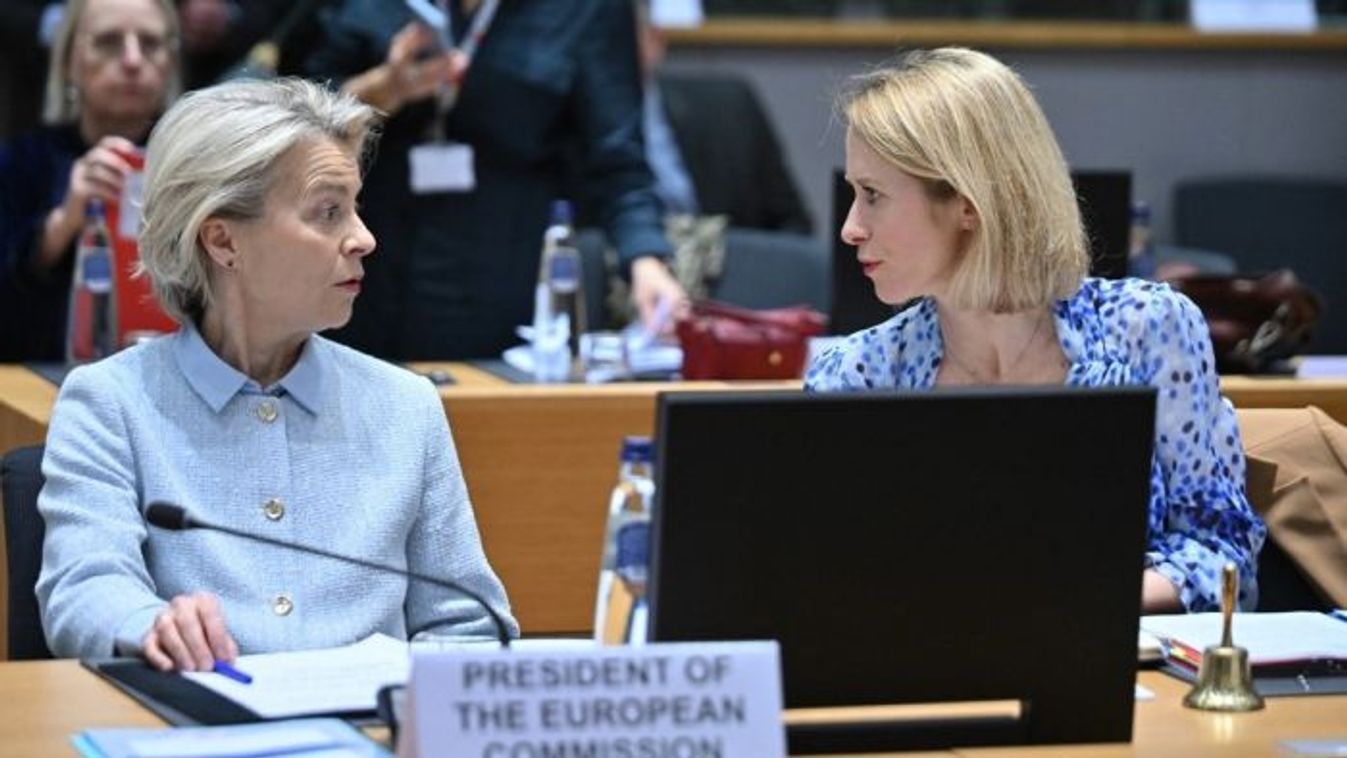
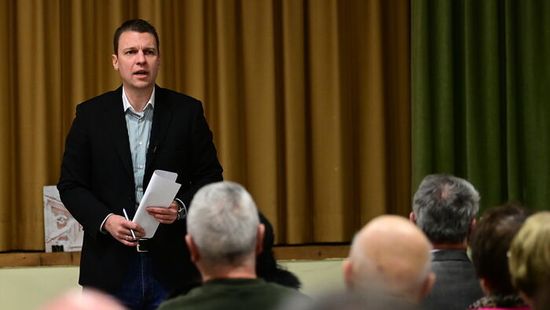


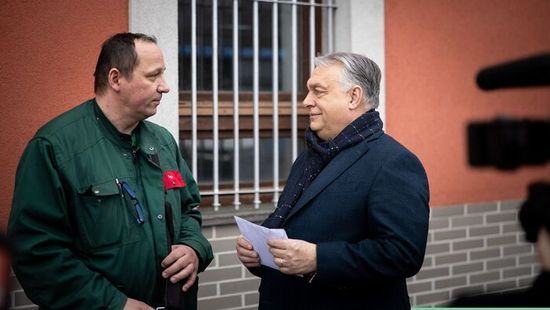

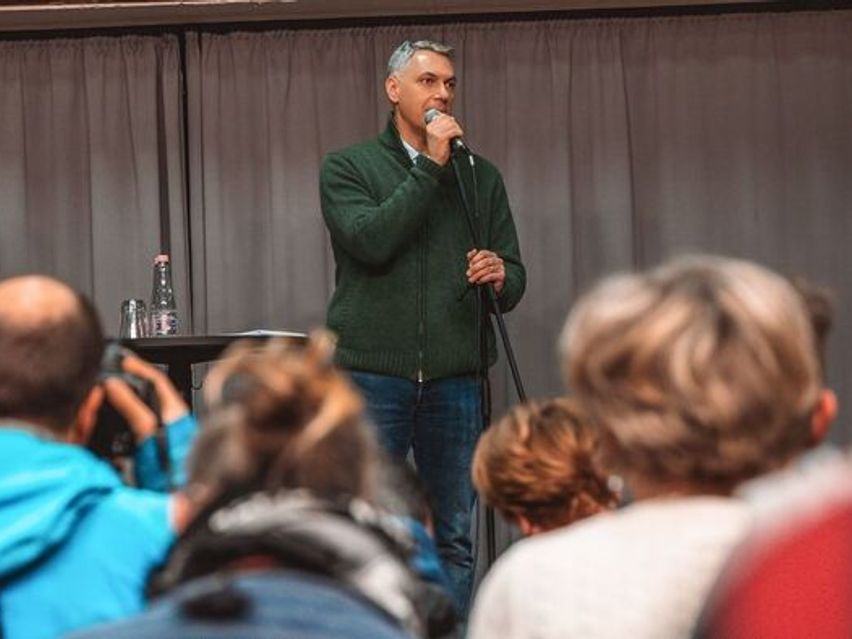




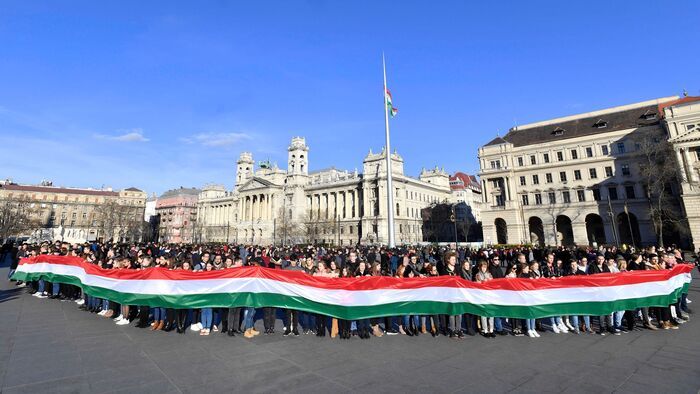
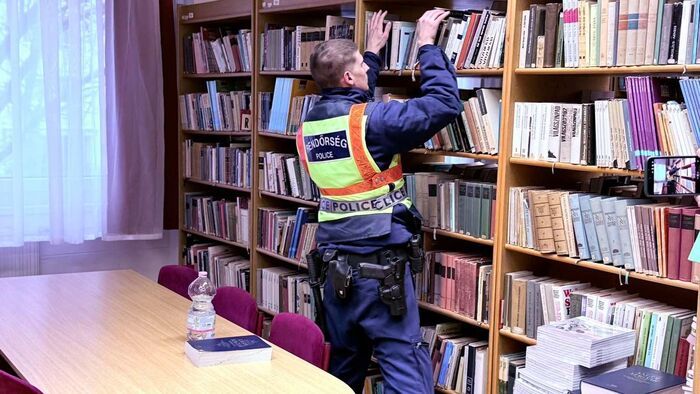
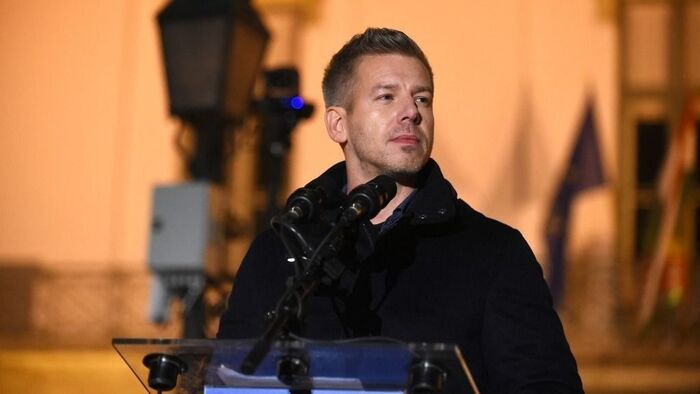

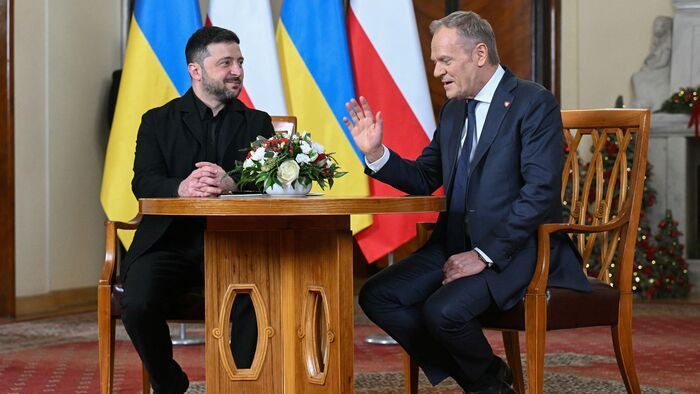
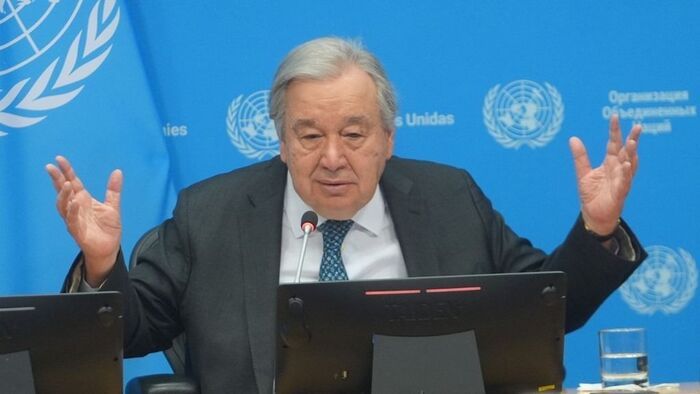
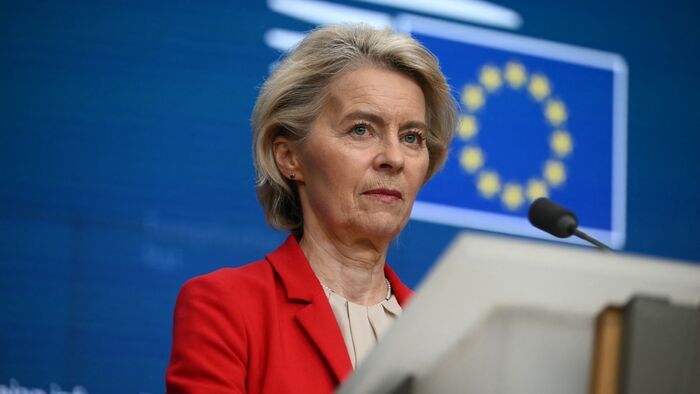


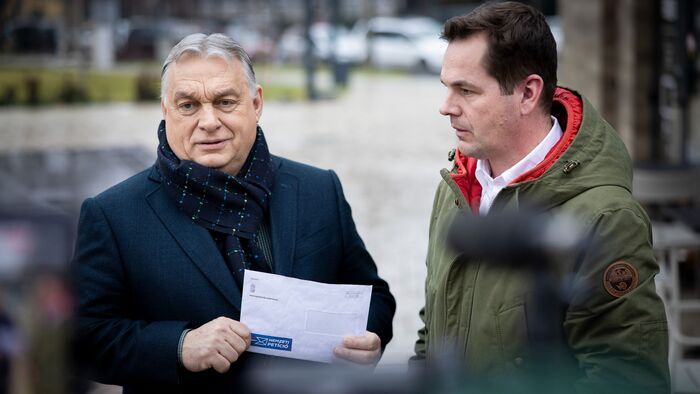
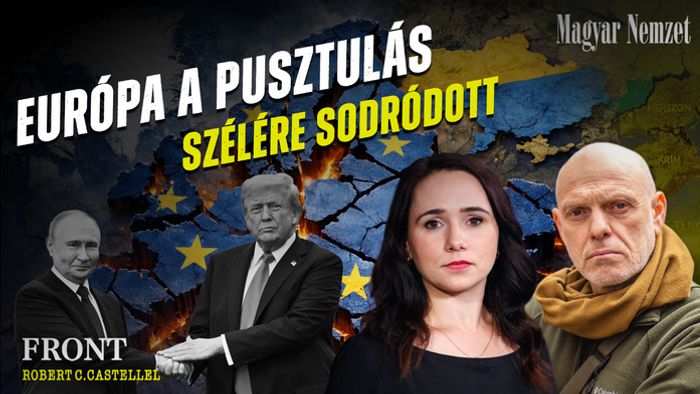

Szóljon hozzá!
Jelenleg csak a hozzászólások egy kis részét látja. Hozzászóláshoz és a további kommentek megtekintéséhez lépjen be, vagy regisztráljon!